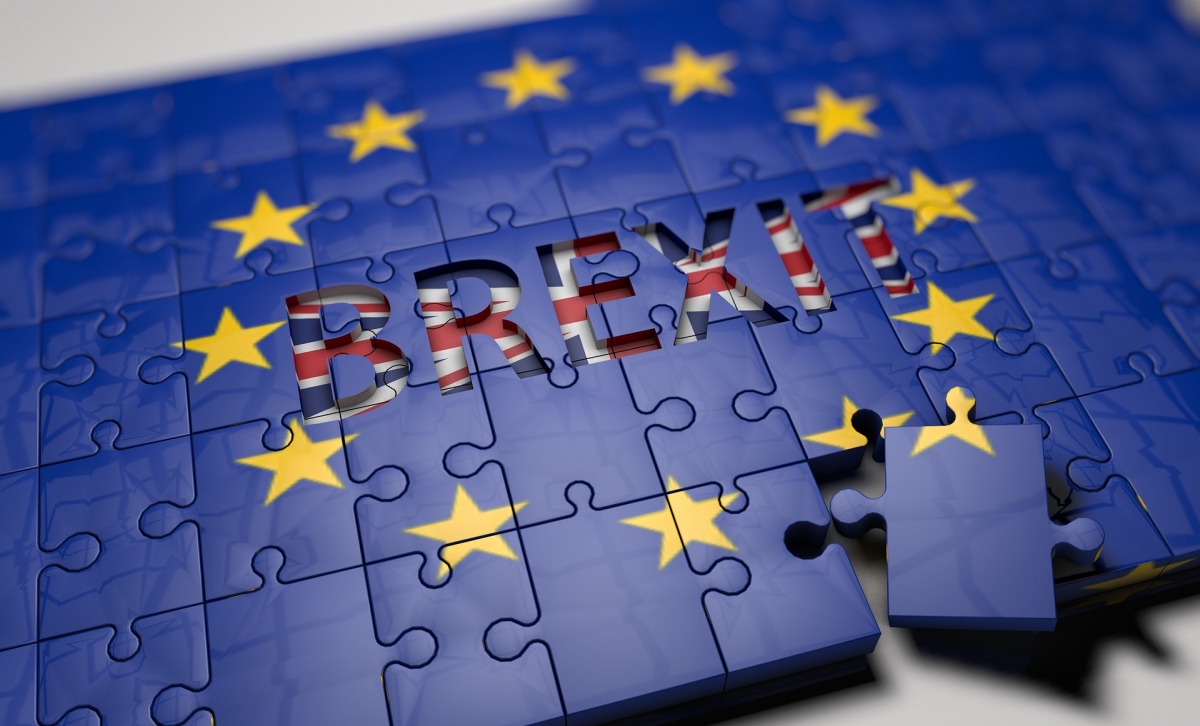
IP Rights after Brexit: The European Commission lists five general principles in its position paper
On 6 September 2017 the European Commission published its position paper on issues regarding IP rights after the withdrawal date of the UK. It lays down the main principles to be taken into account in the negotiations under the Article 50 of the Treaty of Lisbon with the UK.

Source: Pixabay
There are altogether five main principles that should ensure continuity of effective IP rights in the UK as well as reduce the uncertainty of rights also after the Brexit. These five principles focus on the scope of protection, applications and exhaustion of certain rights. As geographical indications are playing a big role for the EU as forerunner on the field, also their position is to be secured also after the withdrawal date. Furthermore, the protection of databases is of special interest. The paper treats all IP rights having unitary character, the some, namely EU Trademarks, Community Designs, Community Plant Variety Rights as well as protected Geographical Indications as well protected Designations of Origin. In addition, also registered terms “traditional speciality guaranteed" and “traditional terms for wine” are assimilated to IP rights in the position paper.
I. The first general principle is that all rights having unitary character and being granted before the withdrawal date should be recognized after the withdrawal date, which secures continuity. This requires additional legislation on behalf of the UK, as there is currently no legislation regarding protection of designations of origin and geographical indications as well as traditional speciality guaranteed and traditional terms for wine. This principle seeks to ensure automatic recognition of the rights. When implementing this principle, also the effects on renewal dates, priority and seniority principles and certain specifics such as “genuine use” and “reputation rules” are of special attention. From the right holders view, administrative burden should be set to minimum and no financial costs should incur.
II. The second principle focuses on the application procedure. It guarantees that in case of on-going applications that are submitted before the withdrawal date, the applicant is entitled to the benefits arising from possible priority date in respect of pending application.
III. Applications for supplementary protection or for an extension of their duration must be granted if the application is submitted before the withdrawal date and the administrative procedure is still on-going according to the third principle.
IV. The fourth principle concerns the protection of databases. Databases are currently protected under the Directive 96/9/EC in the EU member states, and in order to seek continuity, all rights should be held in force also after the withdrawal date. In practice this means that both the EU member states as well as the UK have to adapt their legislation to prevent exclusion of protection based on nationality or establishment grounds.
V. As exhaustion is of great importance in the EU territory, it is necessary that no changes are made to the current doctrine. Thus, exhaustion of rights is the subject to the last and fifth general principle. It secures that IP rights which are exhausted before the withdrawal date will remain exhausted both in the UK and the EU territories.
For better insight on the topic, check the position paper here.
Related
- "Neuschwanstein" is not a trademark!
- 1 December 2017: Madrid Monitor takes its place as the one and only tool for tracking international trademarks
- 1 January 2020 - Changes in Classifications - Trademarks, Designs, Patents and Utility Models
- 100th Anniversary of Bavaria (Germany) - A glance at trademarks, start-ups, innovation & events
- 10th Anniversary Edition - 10 Things to Know about LexDellmeier - Past, Present & Future
- 14 June 2013: Munich Patent Law Conference - Calculating Damages in Patent Infringement Cases
- 15 Top Brands - Interactive Brand Rating - Years 2000 - 2018
- 15 Years LexDellmeier - 2024 New Year Wishes
- 2014: Statistics for Community Trademarks
- 2024 World IP Day - Building Our Common Future with Innovation and Creativity
